What is Generational Health? 6 Tips to Nourish Your Family
Did you know that your great grandmother's health has impacted YOUR health? And right now, you are impacting the health of generations after you! This is known as “generational health”? If you’re a mom or planning to be one, understanding this concept can make a significant difference in your family’s well-being.
So, let's dive into this topic and explore how you can create positive generational health in your family with nutrition and well-being at its core.
What is Generational Health?
Generational health is the concept that our health and wellness today can influence the health of our children and even our grandchildren. It's the idea that health habits, both good and bad, can be passed down through generations. This concept starts way before we give birth. It's about the lifestyle choices we make, the food we eat, and the habits we adopt.
Let me paint a picture for you. Imagine a family where unhealthy eating habits are the norm. The children grow up not knowing the importance of nutrition, and they carry these habits into adulthood and pass them on to their children. This cycle continues, affecting the health of multiple generations. But it's not just habits, our genetics and DNA can also be influenced by the choices of our ancestors, a field known as epigenetics. So, the impact is deeper than we might initially realize. UGH, right?
But what if we could break this cycle? What if we could establish a strong foundation of health for our children that they can pass on to their children? Ladies, that’s what generational health is all about!
What is Epigenetics?
Epigenetics, ladies, is a field of science that studies how our behaviors and environment can cause changes that affect the way our genes work. These changes don't alter our DNA sequence, but they can switch genes on or off and impact how cells read genes.
It's like a set of instructions that tell your genes how to behave, literally! So, what we eat, where we live, when we sleep, how we exercise, even aging - all of these can eventually cause chemical modifications around the genes that will turn those genes on or off over time.
This means that our lifestyles can literally change our genetics, not just for us, but potentially for our children and grandchildren too. Now that's some food for thought, isn't it?
A prime example of epigenetics, is particularly DNA methylation.
When a DNA molecule is "methylated," which tells the body to ignore or "turn off" the instruction associated with that piece of DNA. This can sometimes cause certain diseases like cancer, as essential instructions are ignored.
But, it's not just about diseases. Methylation can impact your body's functioning in subtler ways too. Maybe you've been feeling more tired than usual, or your digestion has been a bit off? Perhaps you're finding it harder to lose weight or your mood feels like a constant rollercoaster? These could be symptoms of suboptimal functioning caused by changes in your genetics due to factors like diet, stress, or environment.
As moms and women, our choices matter. The food we eat, the lifestyle we lead, the environment we're in - they can all impact our DNA and potentially the DNA of our children. But the empowering part of understanding epigenetics is realizing that positive lifestyle changes can help to turn the health tide in our favor. By embracing healthier habits, we can begin to influence our genes and those of future generations positively, setting our families up for better health.
Family Social Habits & Lifestyle Impact Generational Health
Habits can also pass down from generation to generation. Even unhealthy family traditions can be passed down. The way we live life on daily basis has a much more profound impact in this world than you think! It time that we stop going through life without any intentionally behind it. The more we go through life because “that’s what everyone else is doing”… the more likely we fall into the cycle that was embraced before us.
Now I want you to consider two different home lives…
Example of Poor Generational Health
Consider a family where stress is managed through unhealthy coping mechanisms such as overeating, excessive alcohol consumption, or constant negativity. Family dinners often consist of processed foods high in sugar and unhealthy fats, with little to no focus on fresh, nutritious ingredients. The family's way of bonding revolves around watching television together, promoting sedentary behaviors instead of physical activities. Interactions are often negative, draining, and lack emotional support. This unhealthy lifestyle, if perpetuated, can lead to poor generational health, with issues like obesity, heart disease, and mental health problems being passed down.
Example of Excellent Generational Health
Consider a family where stress is managed through healthy coping mechanisms like regular exercise, meditation, and open communication. Family meals are made from scratch and consist of fresh, nutritious ingredients rich in vitamins and minerals. The family's way of bonding involves outdoor activities, promoting an active lifestyle. Interactions are positive, uplifting, and emotionally supportive. This healthy lifestyle, if continued, can set up the foundations for excellent generational health, with habits promoting good physical health, mental wellbeing, and a balanced lifestyle being passed down. Now this is what we are talking about!
THIS here, is my mission! To get mamas on board with THIS type of living and family home life so we can pass on these healthy habits and genetics to our kiddos and generations after us!
6 Ways to Foster Positive Generational Health
So, how can we as moms support positive generational health? Here are six practical strategies that you can start implementing today:
1.Embrace a Nutrient-Dense Diet
Add more of a variety of whole, nutrient-packed foods into your everyday meals. These foods are bursting with essential vitamins, minerals, and phytonutrients that can really boost your overall health. Eating these foods not only gives your body the vital nutrients it needs for all its functions but also supports your immune system, hormone balance, and cell health.
10 yummy and delicious healthy smoothie recipes ebook that is perfect for kids and adults! Hidden veggies in every recipe!!
When you eat nutrient-dense foods, you're giving your body complex carbs for lasting energy, healthy fats for brain health, top-quality proteins for tissue repair and growth, and fibers for a happy tummy. Plus, you're loading up on antioxidants that fight off oxidative stress and inflammation, which are often at the root of many long-lasting diseases.
What's more, these foods can actually influence how your genes behave. Some nutrients can switch specific genes on or off, directly affecting your health and the health of your future kin.
Also, going for a nutrient-dense diet sets a great example for your kids. It not only shows them the importance of eating healthily but also sets them on a path towards better health as they grow up. By creating a healthy food environment, you're shaping their food preferences and eating habits, which they're likely to keep up as adults and pass on to future generations. This is key to nurturing good health for generations to come.
So, let's embrace a nutrient-dense diet to feed your body, boost your health, and build a solid foundation of wellness for your kids and the generations that follow.
2. Model Healthy Habits
As a parent, you're the biggest superhero in your children's eyes, making you their most influential role model. Kids are like little sponges, soaking up a lot from observing your actions and behaviour. So, it's super important for you to consistently show them what healthy habits look like.
Get into the groove of regular physical exercise to keep your body strong and healthy. Exercising isn't just about building strength, it's also a wonderful stress buster and mood booster, which are big parts of leading a healthy lifestyle.
Getting good sleep is another key habit. Sleep is like a magical refresh button for your mind and body, improving your focus, productivity, and emotional balance. So, stick to a regular sleep schedule and make sure you're getting quality Zzz's.
Lastly, mindful eating is a biggie. It's not just about eating a balanced, nutritious diet, but also about tuning into your body's hunger cues and savouring your meals. This habit helps with better digestion, weight control, and also boosts your enjoyment of food. By showing off these healthy habits, you're setting the stage for your kids to lead a healthier lifestyle. Isn't that awesome?
3. Educate Your Children on Nutritional Importance
Remember, it's not just about telling your little ones what to eat and what not to. What's equally (or even more) important is helping them understand why a balanced diet matters. Let's make nutrition fun and easy to grasp, explaining how it plays a big part in their overall health and happiness. By chatting about the good stuff and the not-so-good stuff certain foods can do, you're not just guiding their meals today, but also giving them the smarts to make great food choices in the future. Think of this as an investment in their future health, arming them with the know-how to maintain a healthy lifestyle as they grow up.
4. Make Meal Times a Family Fun Time!
Why not turn meal times into fun-filled family moments that make beautiful memories and build stronger bonds? Get your little ones involved in making the meals. They can help pick out the ingredients, wash the veggies, and if it's safe, even join in the actual cooking. It's an exciting way for them to see their efforts come to life on the dining table, understanding all the care that goes into making delicious, nutritious meals.
Plus, it's a great chance to teach them about how different foods are good for them, helping them grow up understanding why healthy eating is so important. By turning meal prep and dining into a shared activity, you're not just encouraging good eating habits, you're also making it a joy-filled and enriching family activity that everyone will be excited about!
And guess what? when your kiddos are parents, they will be more likely to involve their kids in the kitchen in fun ways and teach them about nutrition early on….keeping the POSITIVE CYCLE GOING!
5. Prioritize Mental Health
It's so important to take care of our whole selves, and that means looking after our mental health just as much as our physical health. Creating a family environment where everyone feels safe to talk about their feelings really helps build a better understanding and management of emotions, which is huge for our overall well-being.
In our fast-paced world, we often hear a lot about being resilient. And yes, resilience is super important, but it's just as important for our kids to know that it's okay to express their feelings. Showing emotions isn't a weakness; it's actually a sign of strength and plays a big part in their growth.
And remember, if things ever get too tough, it's totally okay to ask for YOU to ask for help and for your children to know that as well. It's not something to be shy about—it's a smart and strong step towards taking care of the family’s mental health. Let's keep those conversations going and make sure everyone in the family feels supported and understood.
6. Regular Functional Medicine Labs
When it comes to keeping us healthy, we know that prevention is always better than cure. This is where the magic of functional medicine labs comes to play.
Instead of just putting out fires by identifying existing diseases like traditional health check-ups, functional medicine labs are like our health detectives, catching potential imbalances, deficiencies, and abnormalities early, before they manifest and evolve into more serious health complications.
Imagine diving deep into your cellular health like nutrient levels, hormonal balance, gut health, and more. They help to spot those sneaky areas in your body that might not be functioning at their best, even when you're feeling perfectly fine on the surface. This precious information paves the way for personalized lifestyle, diet, and supplementation plans that can nudge your body back into balance and top-notch health.
Think of regular functional medicine labs as a wise investment in your family's health. By unearthing and addressing potential health issues at their roots, you're not just putting a band-aid on symptoms or managing diseases, but actively spreading the seeds of health and preventing disease.
Remember, it's not just about you, but also about laying a solid health foundation for your little ones. This forward-thinking approach can shield you from future health complications and set a shining example of health priority for your kids.
SHARE THIS PIN!
Your Role in Enhancing Generational Health
As a functional nutritionist and a mom to two little boys, I’m passionate about holistic living and encouraging other moms to support their health and their family's health.
I want to empower you, ladies, to take control of your health and your family's health. I want you to feel your best, full of energy and life, into your golden years. I want you to be able to run around with your grandchildren and great grandchildren, run marathons, try new activities like yoga or rock climbing, and enjoy the simple pleasures of life, like being outdoors, and gardening.
Embrace a Healthier Lifestyle Today with Our FREE DOWNLOAD!
If you're ready to take the first step towards a healthier lifestyle, I have something for you. Download my new ebook, "Easy Ingredient Swaps for Healthier Family Meals". This guide is packed with practical tips and easy swaps that can help you integrate nutrient-dense foods into your daily meals.
Remember, ladies, your decisions today can impact not just your health, but the health of your future generations. Isn’t it time we prioritize our health and create a positive ripple effect for generations to come? So, embrace this proactive approach to wellness today and let's together cultivate a culture of generational health.















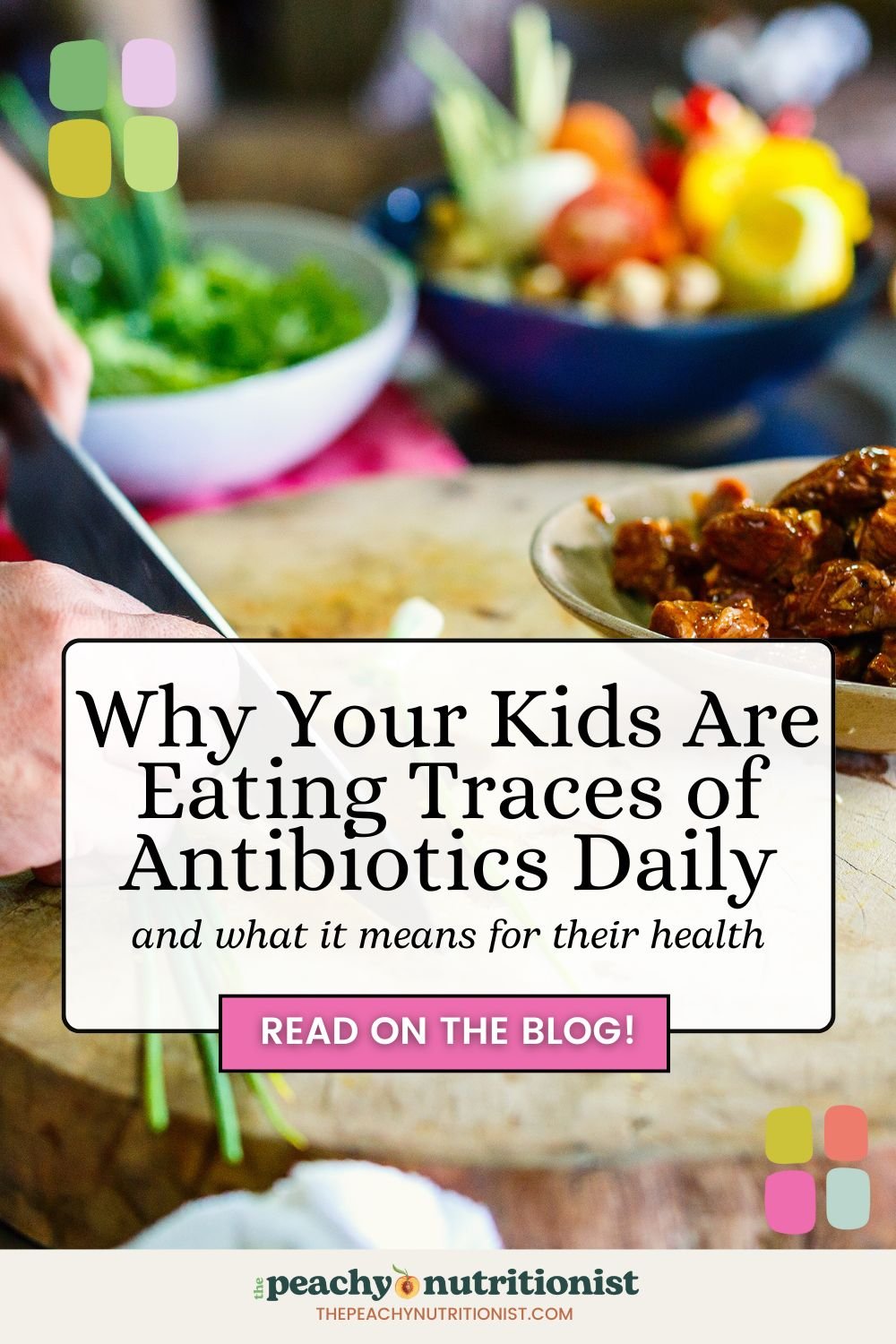












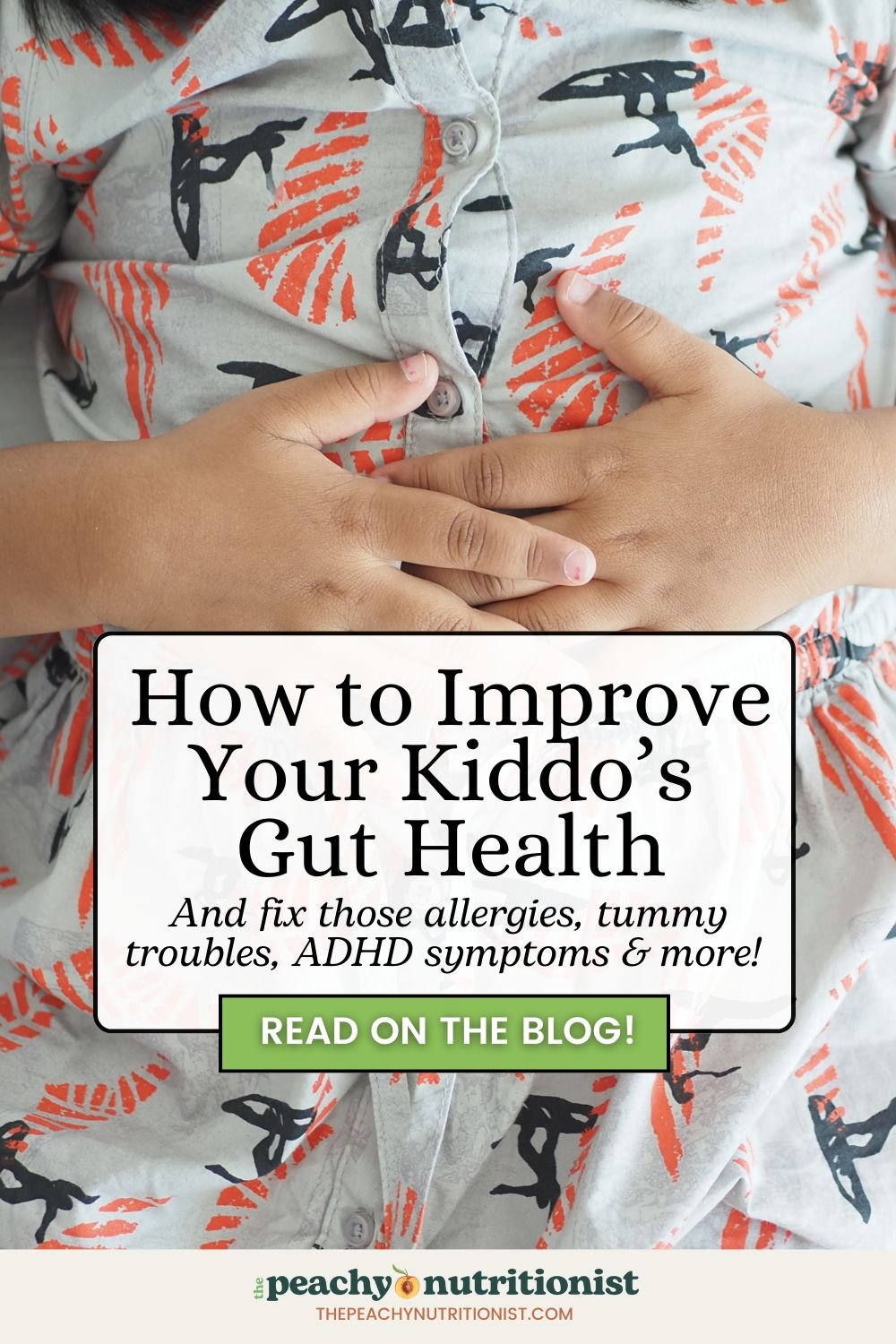
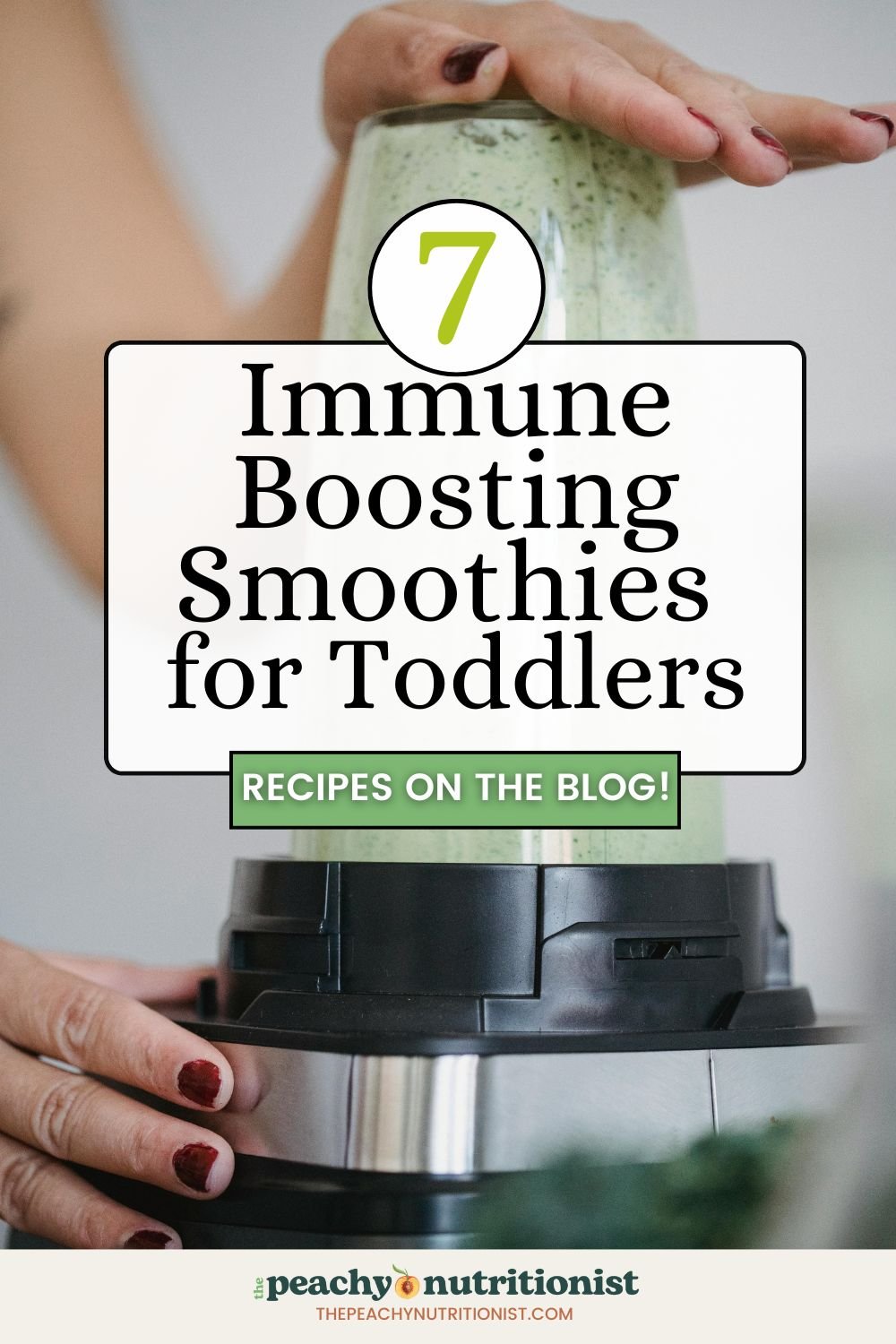
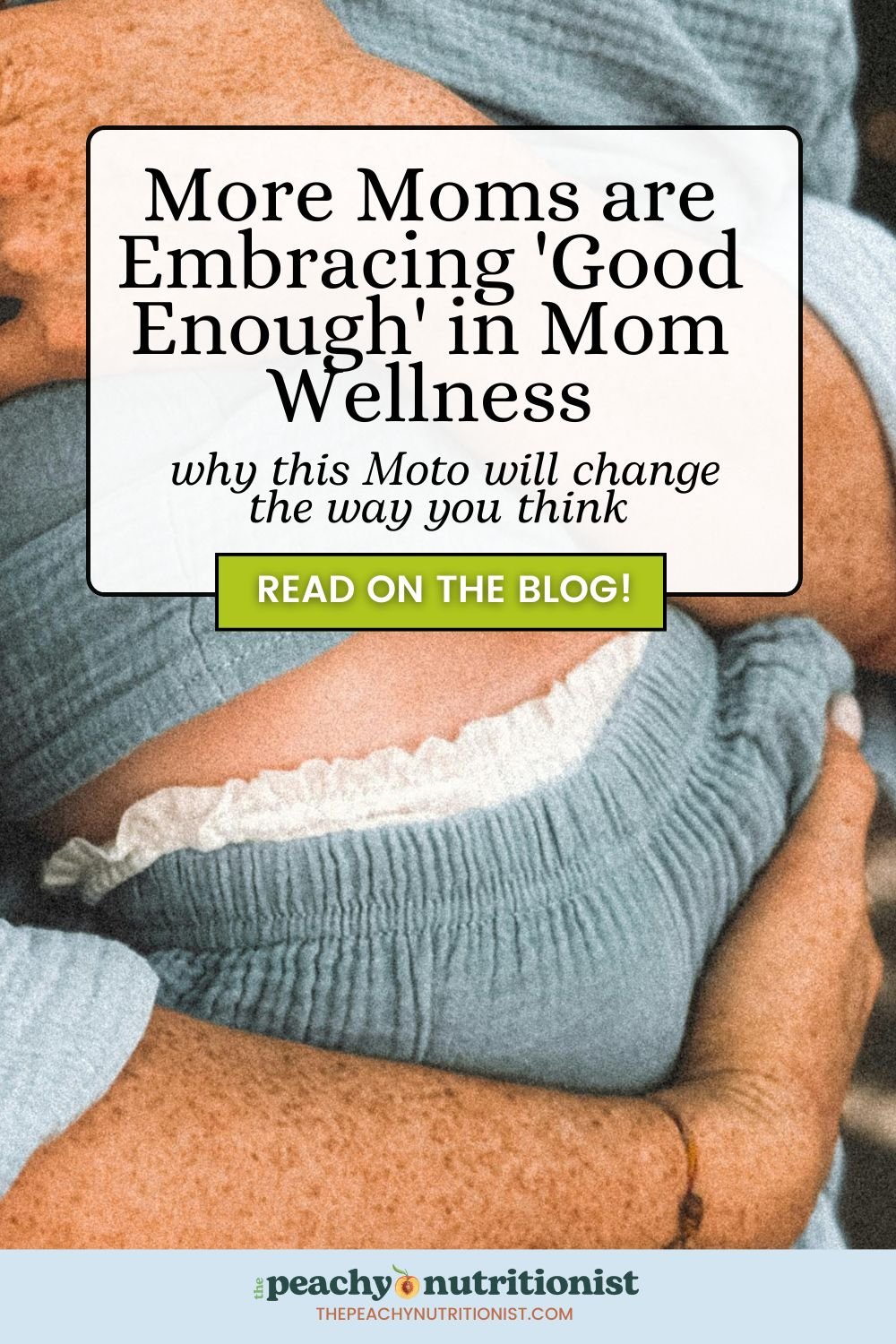
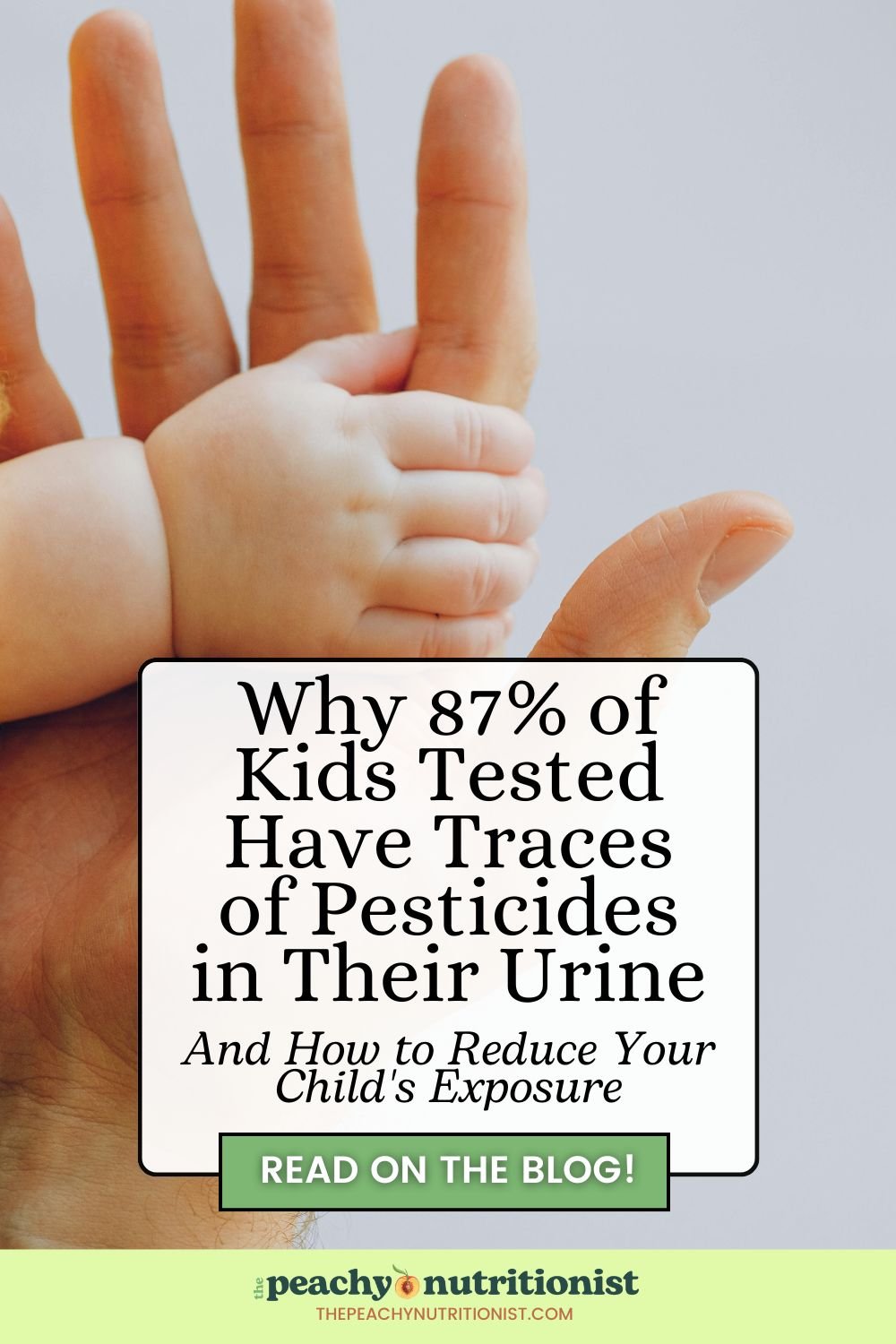
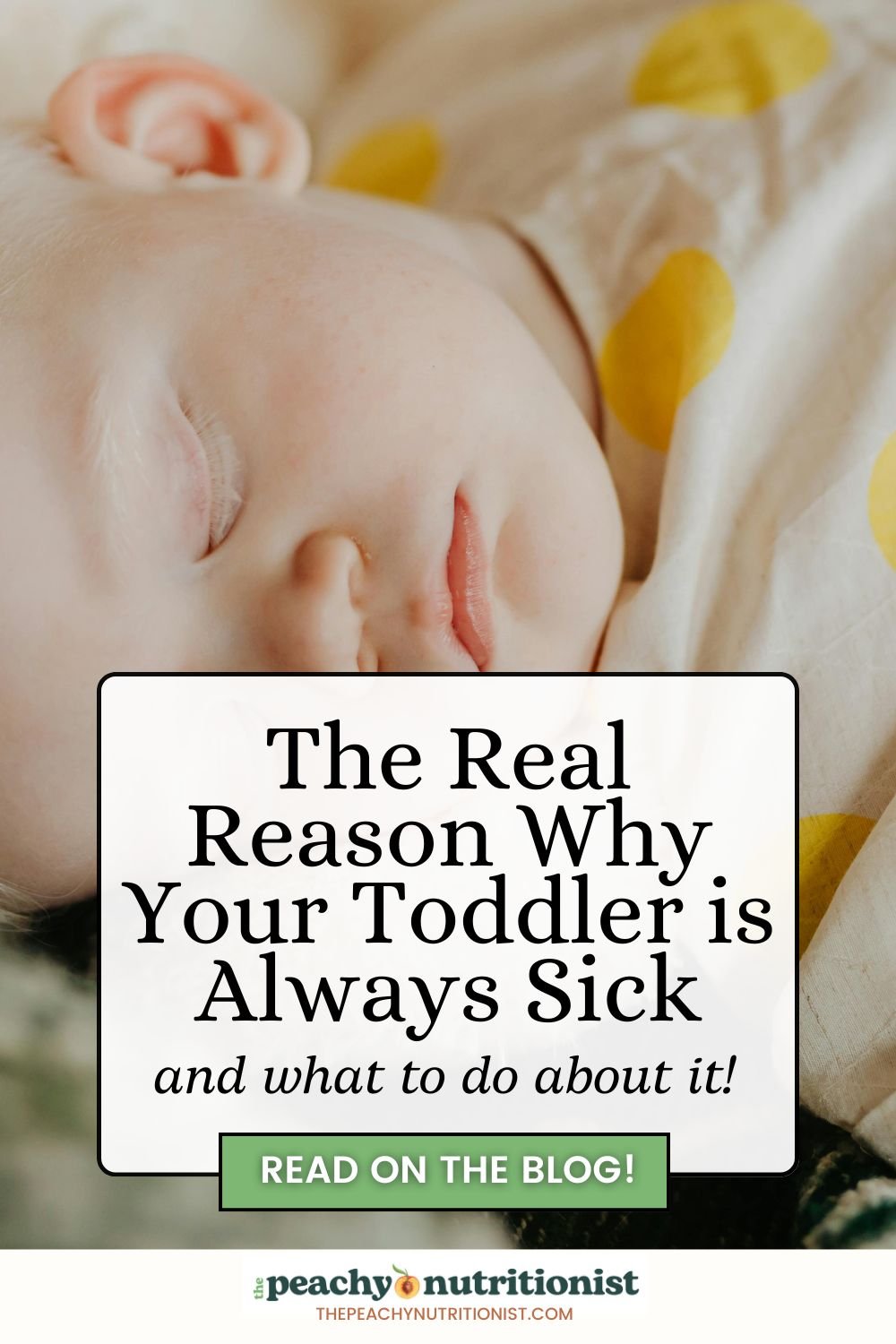


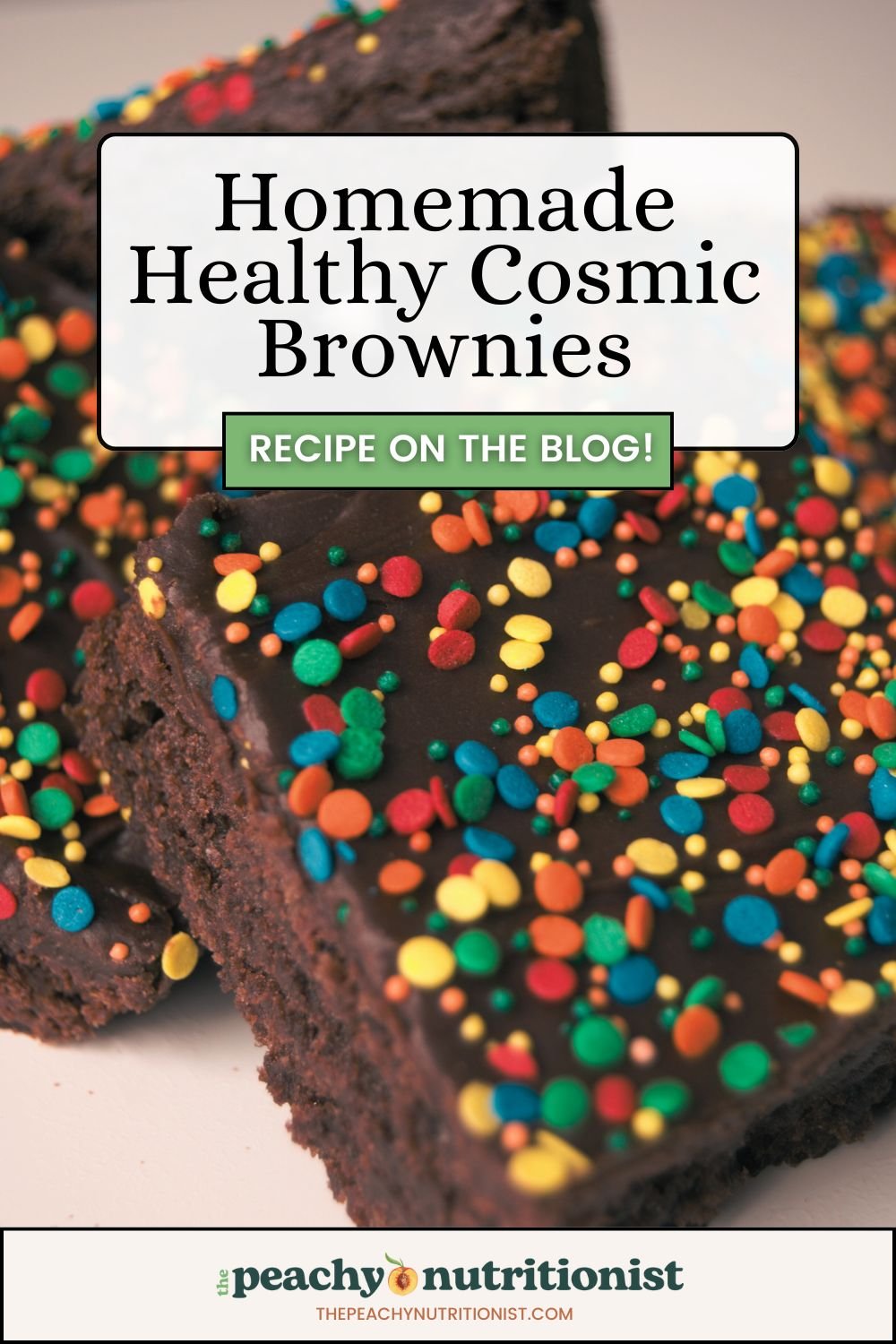

Need ideas for healthier Valentine’s Day candies for kids? Check these out! Links included!